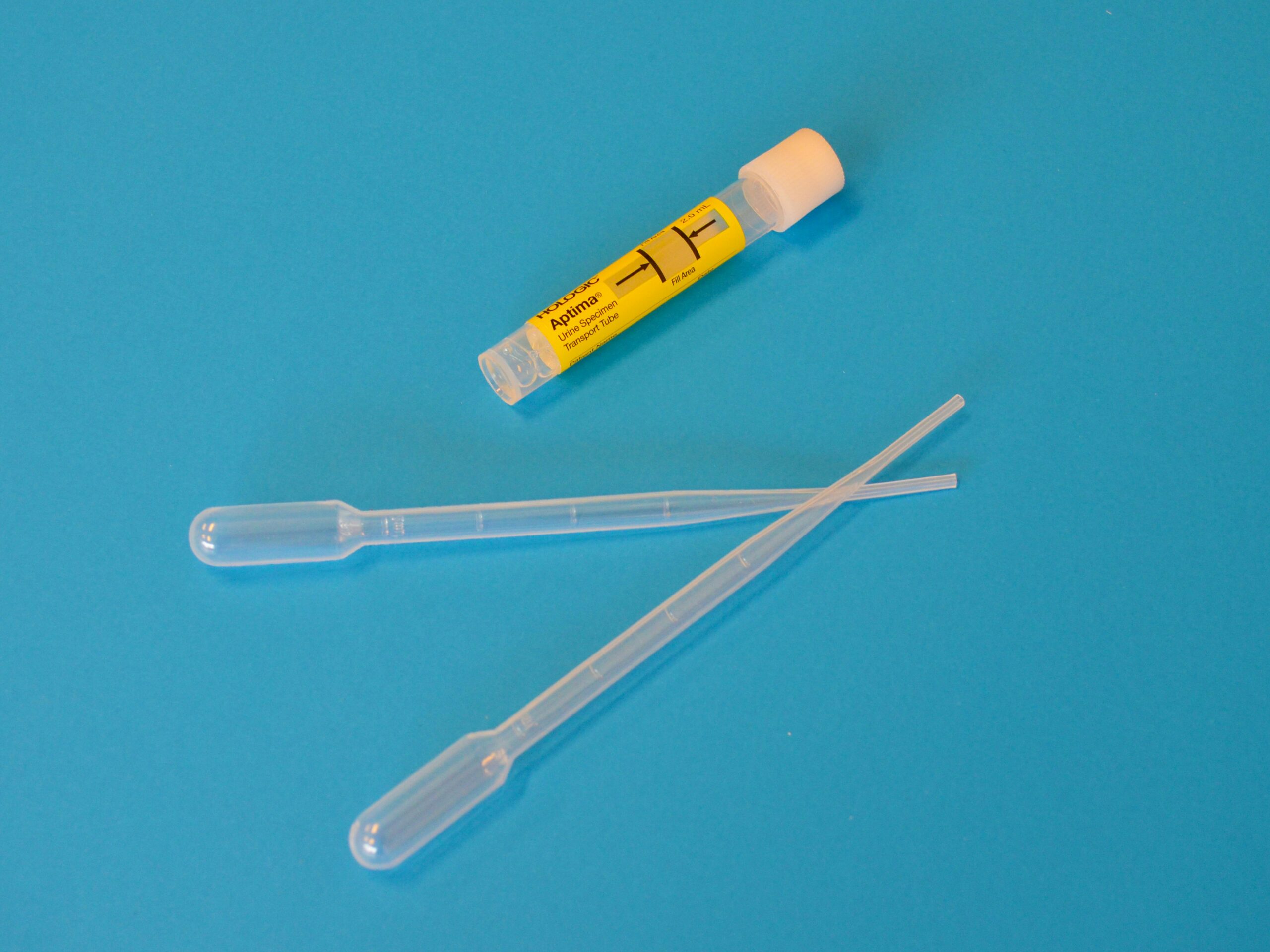Ever wondered why your morning urine has a pungent aroma that could compete with the strongest of coffee? Fear not, for the answer lies within the inner workings of your very own body. In this intriguing article, we will explore the various factors that contribute to the distinctive odor of your first bathroom visit of the day. From hydration levels to dietary choices, we will uncover the secrets behind the scent and provide you with a newfound understanding of your morning ritual. So sit back, relax, and prepare to unravel the mysterious fragrance that accompanies your morning urine.

Understanding the Basics of Urine
What is urine?
Urine is a waste product that is excreted by the kidneys. It is a combination of water, toxins, and other substances that are filtered out of the bloodstream by the kidneys. Urine plays a crucial role in removing waste products and maintaining the balance of fluids and electrolytes in the body.
How is urine formed?
Urine is formed through a complex process in the kidneys. Blood is filtered through tiny blood vessels called glomeruli, and the filtered fluid, known as the glomerular filtrate, passes through a series of tubules in the kidney. As the filtrate moves through these tubules, certain substances are reabsorbed into the bloodstream, while others are added to the urine. This process helps to concentrate the urine and regulate the composition of waste products and substances that are excreted.
Normal characteristics of urine
Normal urine has certain characteristics that can vary slightly from person to person. It is typically a pale yellow or straw-colored liquid, although it can range in color from clear to dark amber. The odor of fresh urine is usually mild and slightly earthy. The pH of urine is slightly acidic, ranging from 4.5 to 8.0. The volume of urine produced can vary depending on factors such as fluid intake and individual differences, but on average, it is about 800 to 2,000 milliliters per day.
Normal Changes in Urine Odor
Morning urine odor
Many people notice that their morning urine has a stronger odor compared to urine produced later in the day. This is a normal occurrence and is believed to be due to a higher concentration of waste products in the urine after a period of fasting during sleep. The smell is often described as more concentrated or stronger than usual, but it usually fades after a few trips to the bathroom and dilution with water.
Urine odor after eating certain foods
Certain foods, such as asparagus, can cause a distinctive odor in urine. This is due to the breakdown of sulfur-containing compounds in the food during digestion. While the smell can be unpleasant, it is harmless and temporary. It is important to note that not everyone can detect this odor, as the ability to detect it is influenced by genetic factors.
Urine odor after consuming certain drinks
Certain drinks, such as coffee or alcohol, can also affect the odor of urine. Coffee, in particular, contains compounds that can give urine a stronger, more distinct smell. Alcoholic beverages can also contribute to changes in urine odor, as the body processes and eliminates the byproducts of alcohol metabolism. Like food-related odors, these changes in urine odor are typically temporary and not a cause for concern.
Dehydration and Urine Odor
Effects of dehydration on the body
Dehydration occurs when the body loses more fluids than it takes in. This can happen due to excessive sweating, inadequate fluid intake, or certain medical conditions. Dehydration can have various negative effects on the body, including reduced urine production, dark-colored urine, and an increased concentration of waste products in the urine.
Why does dehydration cause strong smelling urine?
When you are dehydrated, your body conserves water by producing less urine. The reduced urine production leads to a higher concentration of waste products, such as urea, in the urine. These waste products can give urine a stronger, more pungent odor. In addition, dehydration can also lead to a more concentrated urine, which can further intensify the odor.
Preventing dehydration to limit strong smelling urine
To prevent dehydration and minimize the occurrence of strong smelling urine, it is important to maintain adequate fluid intake. Drinking water regularly throughout the day can help to keep the body hydrated and promote normal urine production. Avoiding excessive consumption of diuretic substances, such as caffeine and alcohol, can also prevent dehydration and associated changes in urine odor.
Urinary Tract Infections and Urine Odor
What is a Urinary Tract Infection (UTI)?
A urinary tract infection (UTI) occurs when bacteria enter the urinary tract and multiply, leading to an infection. UTIs can affect various parts of the urinary tract, including the bladder, urethra, and kidneys. Common symptoms of UTIs include frequent urination, burning sensation during urination, cloudy or bloody urine, and a strong, unpleasant odor.
Symptoms of UTI including change in urine odor
One of the hallmark symptoms of a UTI is a change in urine odor. Urine may have a strong, foul smell that is different from the individual’s usual urine odor. This is mainly due to the presence of bacteria and their byproducts in the urine. Other symptoms, such as cloudy or bloody urine, can also contribute to the noticeable change in odor.
Treatment of UTI and resumption of normal urine odor
UTIs are typically treated with antibiotics to eliminate the infection-causing bacteria. As the infection clears, the urine odor should gradually return to normal. However, it is important to complete the full course of antibiotics prescribed by a healthcare professional to ensure the complete eradication of bacteria and the prevention of recurrent infections.

Sexually Transmitted Diseases and Urine Odor
Correlation between STDs and urine odor
STDs, or sexually transmitted diseases, can affect various systems in the body, including the urinary system. While not all STDs directly cause changes in urine odor, certain infections can lead to strong-smelling urine. It is important to note that the presence of a strong odor alone does not confirm the presence of an STD, and medical evaluation and testing are necessary for an accurate diagnosis.
Specific STDs that can cause strong smelling urine
Certain STDs, such as gonorrhea and trichomoniasis, can cause changes in urinary odor. When left untreated, these infections can lead to inflammation and irritation of the urinary tract, resulting in an unusual odor in the urine. It is essential to seek medical attention if you suspect an STD or experience any symptoms related to urinary tract infections.
Treatment of STDs and effects on urine odor
The treatment of STDs depends on the specific infection and can involve antibiotics, antiviral medications, or other appropriate therapies. With proper treatment, the infection and its associated symptoms, including changes in urine odor, should resolve. It is crucial to follow the prescribed treatment regimen and attend any necessary follow-up appointments to ensure the successful management of the STD and the restoration of normal urinary function.
Metabolic Disorders and Urine Odor
List of metabolic disorders that affect urine odor
Several metabolic disorders can lead to changes in urine odor. Some examples include maple syrup urine disease, phenylketonuria (PKU), and trimethylaminuria. These disorders involve abnormalities in the metabolism of certain substances, leading to the accumulation of specific compounds in the body and subsequent changes in urine odor.
Why metabolic disorders lead to strong smelling urine
Metabolic disorders disrupt the normal metabolic processes in the body, resulting in the accumulation of substances that are not properly metabolized or eliminated. This can lead to the formation of volatile organic compounds that contribute to the strong, distinct odor in urine. It is often a lifelong condition that requires careful management and monitoring.
Management of metabolic disorders to control urine odor
The management of metabolic disorders aims to control the accumulation of certain substances and maintain the proper balance of metabolic processes in the body. This typically involves dietary restrictions, medications, and regular monitoring of specific markers in the blood and urine. With proper management, it is possible to minimize the strong odor associated with metabolic disorders and promote overall health.

Kidney Stones and Urine Odor
What are kidney stones and their symptoms?
Kidney stones are hard, mineral-based deposits that form in the kidneys. They can vary in size and shape and can cause significant pain and discomfort when they pass through the urinary tract. Common symptoms of kidney stones include severe pain in the back or side, blood in the urine, frequent urination, and changes in urine odor.
Correlation between kidney stones and strong urine odor
The presence of kidney stones can contribute to changes in urine odor. The stones themselves can cause irritation and inflammation in the urinary tract, leading to strong-smelling urine. In some cases, the presence of an infection associated with kidney stones can further intensify the odor.
Treatment of kidney stones and maintaining normal urine odor
The treatment of kidney stones depends on various factors, such as the size and location of the stones, as well as the symptoms and overall health of the individual. Treatment options may range from conservative measures, such as increased fluid intake and pain management, to more invasive procedures, including lithotripsy or surgical removal of the stones. Maintaining proper hydration and following any prescribed treatment plan can help to prevent the recurrence of kidney stones and maintain normal urine odor.
Diabetes and Urine Odor
Diabetes and the body’s metabolic processes
Diabetes is a chronic condition characterized by high blood sugar levels. It occurs when the body either does not produce enough insulin or cannot effectively use the insulin it produces. Insulin is responsible for regulating blood sugar levels and facilitating the entry of glucose into cells for energy production.
Why does diabetes cause strong smelling urine?
In diabetes, when blood sugar levels are not properly controlled, excess glucose can be excreted through the urine. The presence of high levels of glucose in the urine can provide an environment for bacteria to thrive, leading to urinary tract infections. These infections can cause changes in urine odor, resulting in a strong, sweet, or fruity smell. In addition, certain metabolic byproducts, such as ketones, can also contribute to the characteristic odor associated with uncontrolled diabetes.
Managing blood sugar levels to maintain normal urine odor
Managing blood sugar levels is essential for individuals with diabetes to maintain overall health, including normal urine odor. This involves regular monitoring of blood sugar levels, appropriate use of insulin or other diabetes medications as prescribed, following a balanced diet, and participating in regular physical activity. By effectively managing diabetes, individuals can minimize the risk of complications, including changes in urine odor.
Certain Medications and Urine Odor
Medications that cause change in urine odor
Several medications can cause changes in urine odor as a side effect. Some examples include certain antibiotics, vitamins, and supplements, such as vitamin B or multivitamins. These medications can alter the chemical composition of urine, leading to a distinct, sometimes unpleasant odor.
Why certain medications cause strong smelling urine
Medications can affect urine odor by altering the metabolism or breakdown of certain substances in the body. For example, some antibiotics can contribute to the production of compounds that give urine a different odor. Similarly, high doses of certain vitamins or supplements can lead to the excretion of excess compounds that affect urine odor.
What to do if medication is causing strong smelling urine
If you notice a significant change in urine odor after starting a new medication or increasing the dosage of an existing medication, it is important to consult with your healthcare professional. They can evaluate the situation and determine if the odor is a side effect of the medication or if further investigation is required. In some cases, adjusting the dosage or switching to an alternative medication may be necessary to alleviate the issue.
When to Seek Medical Attention for Strong Smelling Urine
How long can strong smelling urine last?
The duration of strong-smelling urine can vary depending on the underlying cause. In some cases, such as after eating certain foods, the odor may only persist for a few hours. However, if the strong smell persists for an extended period or is accompanied by other concerning symptoms, it is important to seek medical attention for further evaluation.
When does strong smelling urine indicate a serious health issue?
Strong smelling urine can be a symptom of various health conditions, some of which may require medical attention. If the strong odor is accompanied by other symptoms such as pain, discomfort, blood in the urine, frequent urination, or changes in urinary habits, it is recommended to consult with a healthcare professional. They can assess the situation, perform any necessary tests, and provide appropriate treatment or guidance.
The importance of regular health check-ups and urine tests
Regular health check-ups and urine tests play a crucial role in maintaining overall health and detecting any potential underlying issues. Routine urine tests can provide valuable information about kidney function, hydration status, and the presence of any infections or abnormalities. If you have concerns about your urine odor or notice any significant changes, it is important to discuss them with your healthcare professional during your regular check-ups or make a separate appointment for further evaluation.

